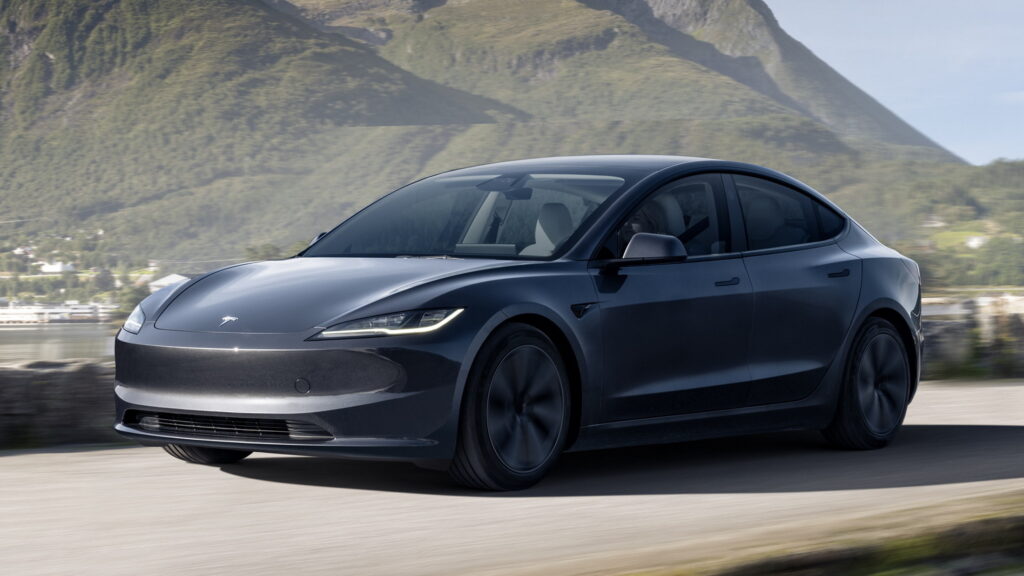- Govt is considering whether Tesla committed securities or wire fraud by overstating its cars’ self-driving capability to buyers and investors.
- Though Tesla currently tells drivers to be ready to resume control when using tech, earlier statements could suggest that’s unnecessary.
- Criminal investigation started in 2022 but prosecutors’ legal focus has only now been revealed.
U.S. regulators are currently probing the safety aspect of Tesla’s autonomous systems following December’s huge recall, but that’s far from the only federal headache Tesla’s legal department has. Now it’s emerged that the government is looking into whether the firm should be hit with wire and securities fraud charges related to its self-driving tech.
Investigators are considering whether Tesla committed fraud by misleading buyers and investors by overstating the true self-driving capabilities of its EVs. That feds were carrying out a criminal probe has been known since 2022, but this new report from Reuters outlines the exact legal focus of the investigation for the first time.
Related: U.S. Regulators Demand Answers About Tesla Autopilot Recall
Depending on the conclusions of the legal team behind the probe, Tesla could face criminal charges, civil sanctions, or no action at all, and Reuters‘ sources say that prosecutors are nowhere near deciding which path to take.
One of the reasons for that uncertainty is the difficulty in assessing whether Tesla knowingly made false statements about its cars’ tech that broke laws by causing harm to consumers and investors, or whether it genuinely believed it could deliver advanced autonomous ability, and made optimistic claims to that effect, but failed to live up to them.

Prosecutors will likely ask to see internal Tesla communications, Reuters’ sources say, and will have already trawled through CEO Elon Musk’s tweets and media appearances, and scrutinized statements given by Tesla employees in previous court cases looking for evidence to support fraud charges.
Those are sure to include Musk’s various descriptions on earnings calls of the company’s Autopilot and FSD tech and an official 2016 Tesla video purporting to show one of the company’s EVs driving by itself. Musk said that the video showed the car driving with no human input, but in 2022 a Tesla engineer testified that the video was not an accurate reflection of the firm’s autonomous abilities at that time.



